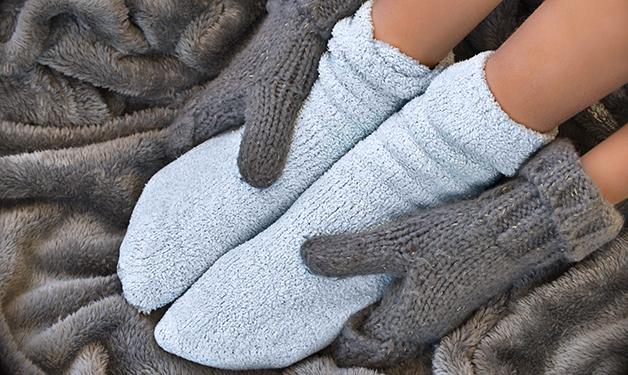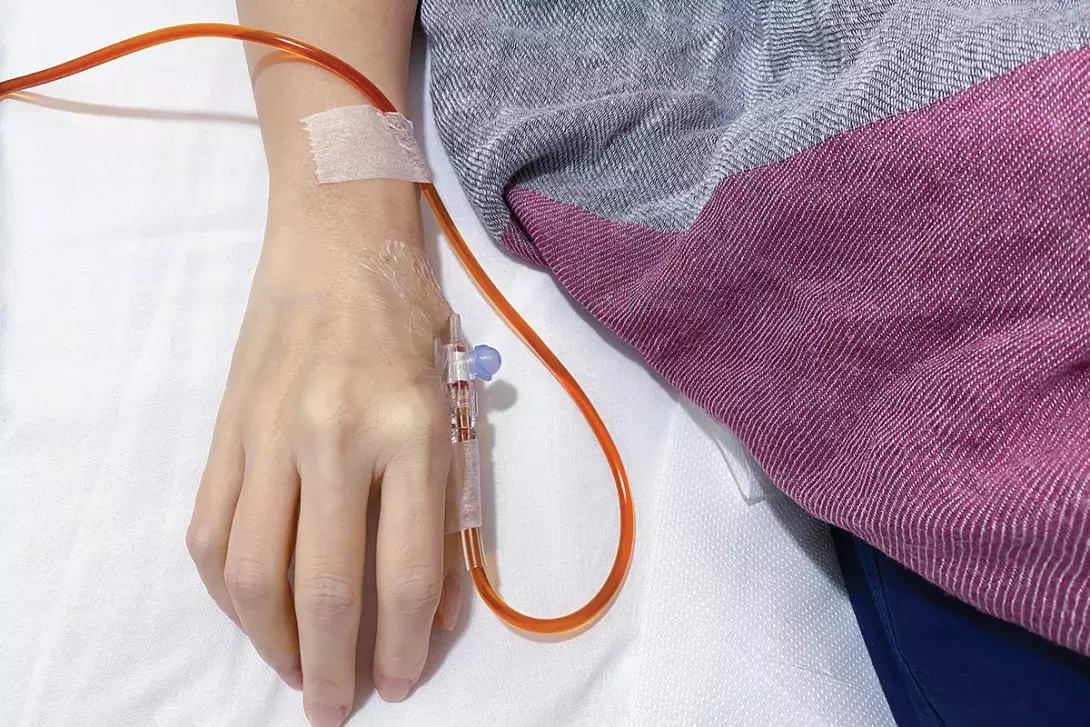If you’ve been feeling unusually tired, a bit out of breath, or just not your vibrant self lately, you might be dealing with low iron levels. It’s a common issue that sneaks up on many of us, and it can leave you feeling drained and down. But don’t worry, there are ways to tackle it.
Why Low Iron Levels Are So Common
Low iron, or iron deficiency, is surprisingly widespread. But why? There are a few reasons:
Dietary Choices: Iron is found in both plant and animal foods, but the type of iron in animal products (heme iron) is more easily absorbed by our bodies than the iron in plants (non-heme iron). If you’re vegetarian or vegan, it can be harder to get enough iron.
Heavy periods: Iron is a crucial component of haemoglobin, the protein in red blood cells that carries oxygen throughout your body. When you lose blood during your period, you also lose some iron.
Increased Needs: Certain life stages, like pregnancy, can increase your body’s need for iron. Kids and teens also need more iron as they grow.
Spotting the Symptoms
Low iron levels can lead to iron deficiency (anaemia) which comes with a range of symptoms. Some are subtle, while others can be more obvious. Here are some signs to watch for:

Fatigue and Weakness: Feeling constantly tired and weak is one of the most common symptoms.
Pale Skin: Iron helps give your blood its red color, so low levels can make you look pale.
Shortness of Breath: You might find yourself getting winded more easily, even during everyday activities.
Dizziness or Lightheadedness: Feeling dizzy or lightheaded can be a sign your brain isn’t getting enough oxygen due to low iron.
Cold Hands and Feet: Poor circulation from low iron can make your extremities feel cold.
Brittle Nails: Weak or brittle nails can be another sign of iron deficiency.
Boosting Your Iron Levels
The good news is that there are plenty of ways to combat low iron levels!
Eat Iron-Rich Foods: Incorporate more iron-rich foods into your diet. Good options include red meat, poultry, fish, lentils, beans, tofu, and fortified cereals.
Pair Iron with Vitamin C: Vitamin C can help increase the absorption of non-heme iron. Try combining iron-rich foods with vitamin C sources like citrus fruits, bell peppers, or strawberries.
Limit ‘Iron Blockers’: Certain foods and drinks, like coffee, tea, and high-calcium foods, can inhibit iron absorption. Try to consume these separately from iron-rich meals. Iron Supplements: Sometimes, dietary changes aren’t enough, and supplements can help. Always check with a healthcare provider before starting any new supplement.

When You Need a Little Extra Help: Iron Infusions at Parkhill Medical Centre
Sometimes, dietary changes and supplements aren’t enough, especially if your levels are very low or you have trouble absorbing iron. That’s where iron infusions come in!
Parkhill Medical Centre offers iron infusions as a safe and effective way to quickly boost your iron levels. This treatment involves administering iron directly into your bloodstream through an IV. It’s a great option if you need a more immediate boost or if oral supplements aren’t working for you.
How It Works
The procedure is straightforward. You’ll relax in a comfortable chair while the iron is infused over a period of time. The staff at Parkhill Medical Centre are experienced and make the process as smooth and stress-free as possible.

Benefits
The biggest advantage of iron infusions is the speed and efficiency. You’ll start to feel better faster compared to oral supplements. Plus, it’s a good solution for those who have gastrointestinal issues that prevent proper iron absorption.
Low iron levels are more common than you might think, but they don’t have to put a damper on your life. By recognising the symptoms and knowing your options, you can take steps to get back to feeling your best. Whether it’s tweaking your diet, adding supplements, or exploring iron infusions at Parkhill Medical Centre, there are plenty of ways to boost your iron levels and reclaim your energy. So, if you’re feeling a little off, it might be time to check in on those iron levels and take action!